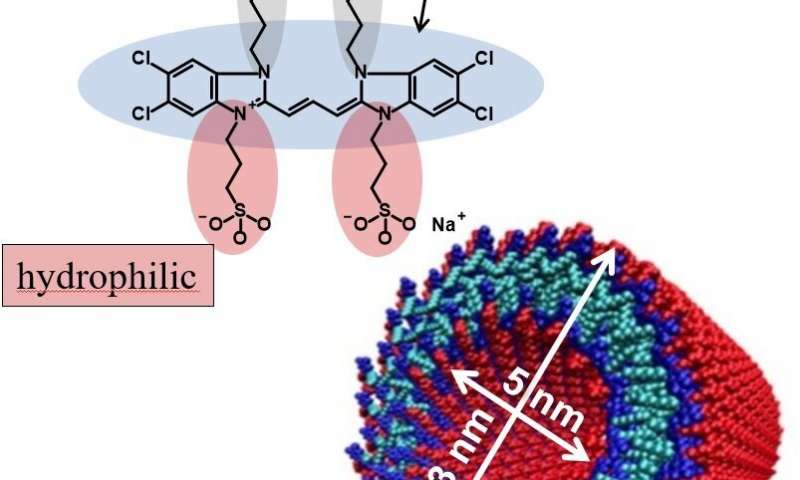Scientists from the University of Groningen (the
Netherlands) and the University of Würzburg (Germany) have
investigated a simple biomimetic light-harvesting system using
advanced spectroscopy combined with a microfluidic platform. The
double-walled nanotubes work very efficiently at low light
intensities, while they are able to get rid of excess energy at
high intensities. These properties are useful in the design of
novel materials for the harvesting and transport of photon energy.
The results were published in the journal Nature Communications on
10 October.




